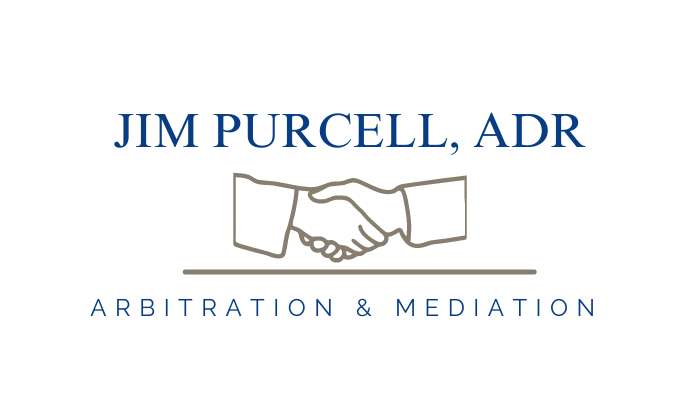 Accountable Care Organizations will produce a new paradigm of health care delivery, and as such, they can also be the source of new and varied types of disputes. In these settings, there will be a number of drivers of disputes. For example, insurers will be less likely to impose constraints on care—the ACOs will have that role. In other words, providers will be calling the shots in care management. This will not be easy given that we will be moving from a fragmented (I like to say “tribal) delivery system to one that is more integrated and coordinated. This of necessity will have its bumps (meaning disputes needing resolution). Likewise, payments will move from being volume based (and relatively easy to track) to being based on quality of care and outcomes (less easy to track). This will doubtless lead to disputes needing resolution.
Accountable Care Organizations will produce a new paradigm of health care delivery, and as such, they can also be the source of new and varied types of disputes. In these settings, there will be a number of drivers of disputes. For example, insurers will be less likely to impose constraints on care—the ACOs will have that role. In other words, providers will be calling the shots in care management. This will not be easy given that we will be moving from a fragmented (I like to say “tribal) delivery system to one that is more integrated and coordinated. This of necessity will have its bumps (meaning disputes needing resolution). Likewise, payments will move from being volume based (and relatively easy to track) to being based on quality of care and outcomes (less easy to track). This will doubtless lead to disputes needing resolution.
Because the goal of ACO is to reduce overall healthcare expenditures by higher quality of care and better outcomes, finding the right balance between high-quality care and reduced spending will be a difficult process.
Within ACO-provided care, there are particular issues that will cause disputes. These are:
- Compliance with ACO adopted metrics/quality benchmarks
- Compliance with ACO adopted clinical practice guidelines
- Compliance with evidence-based medicine standards
- Allocation/distribution of MSSP savings/pay for performance
- Allocation/distribution of losses/pay for performance
- Distribution of Shared Savings
- Citizenship scoring
- Disruptive physician – citizenship score
- Efficacy of evidence-based medicine standards
- Traditional quality of care disputes/disciplinary actions
Use of mediation to resolute these types of disputes is an absolute necessity if the ACO wishes to operate efficiently, and stay out of courts and the media. First of all, these disputes will usually be amongst colleagues. A less adversarial means of resolution promotes smooth relationships and governance. Mediation is hugely inexpensive as compared to litigation for obvious reasons. The parties have an opportunity in mediation to fashion their own resolution rather than having it imposed on them by a court. And when it works, it’s very quick. Quick resolution of disputes within an organization is incredibly important.
Moreover, mediation can provide predictability in that parties are able to resolve their case on their own as opposed to being forced to accept the legally binding decision of a third-party arbitrator or judge. Health care providers and hospitals will maintain control of the outcome of the dispute without someone else making the decisions for them—particularly someone who is not familiar with the daily activities, needs and issues that arise in a health care facility or health care related setting.
someone else making the decisions for them—particularly someone who is not familiar with the daily activities, needs and issues that arise in a health care facility or health care related setting.

